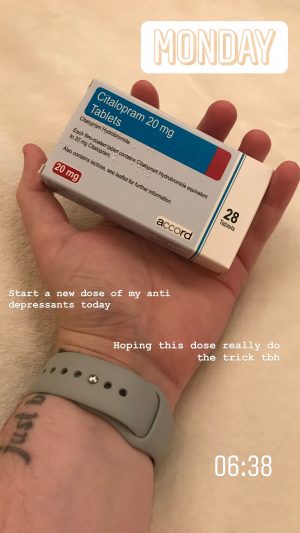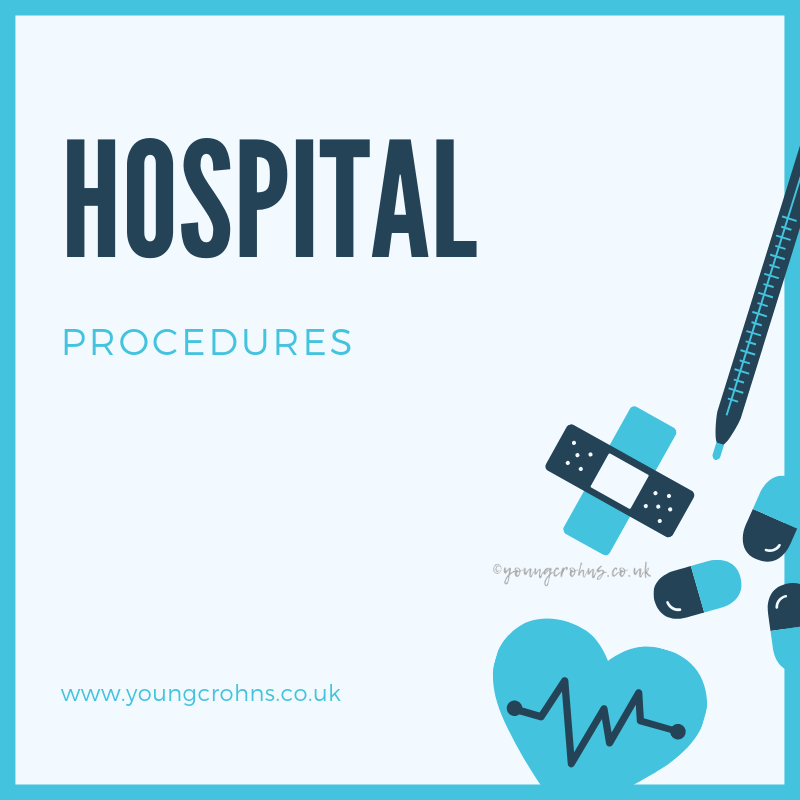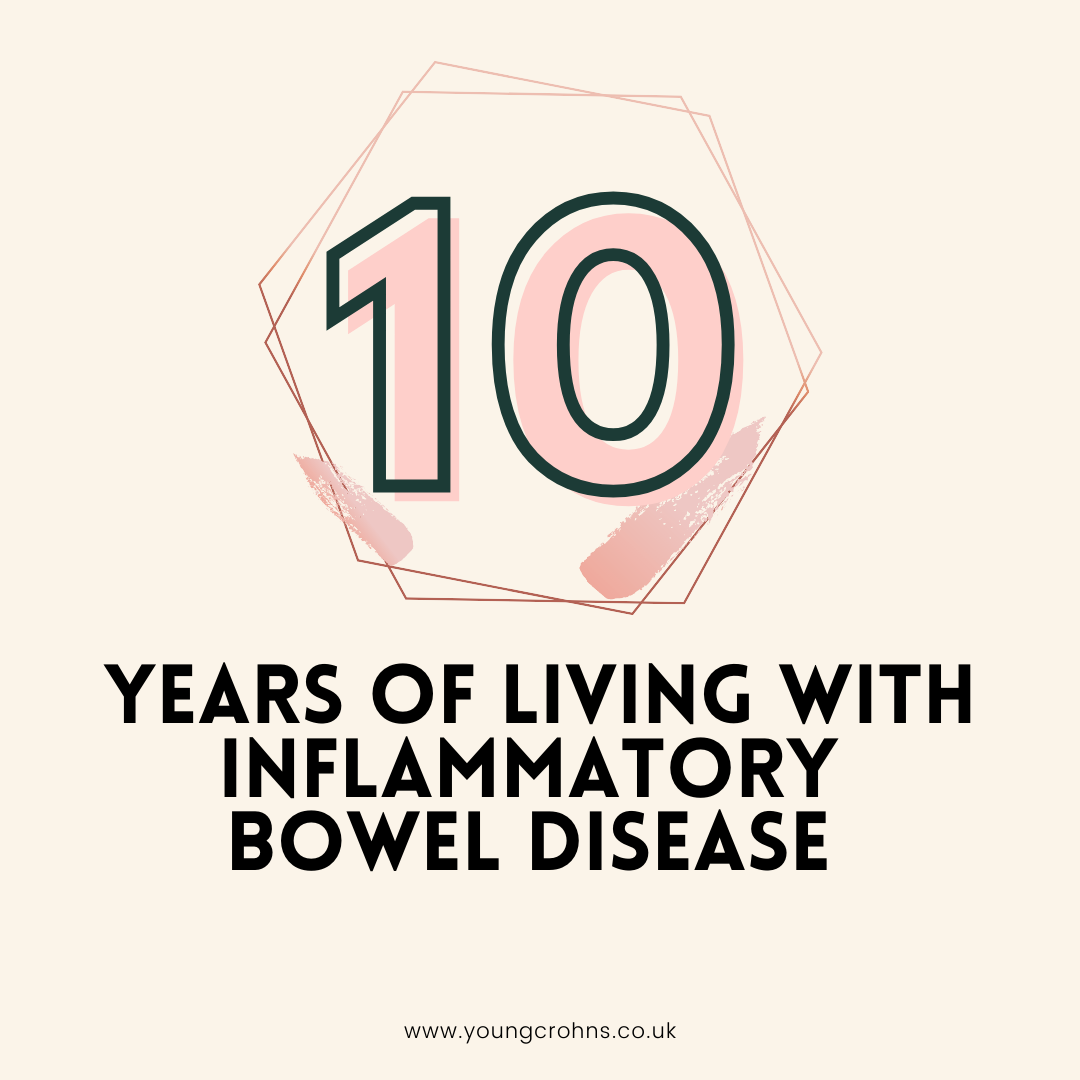
Mental Health: My Anxiety
Welcome to my new blog post/s on Anxiety.
This post aims to provide educational information about anxiety, as well as my own experience in diagnosis, treatment and coping with daily anxieties.
Today, I will be sharing information I have gathered, sharing my own thoughts, as well as articles I’ve found useful and my own hints and tips. This is be expanded as my mental health improves.
Mental health struggles are nothing to be ashamed about. Moving away from that mentality is hard and difficult and it is not a linear journey. It has many twists and turns, as well as ups and downs; and no two people’s experiences are ever the same. I might be quite new to this, and whilst I still struggle to cope and find some days very difficult; I wanted to share some insight into what life is like with anxiety.
NB: what I have experienced with my diagnosis and my day-to-day life with anxiety I have highlighted in bold and underlined.
What is anxiety?
Anxiety is a feeling of worry, nervousness, or unease about something with an uncertain outcome. It is also a type of fear usually associated with the thought of a threat or something going wrong in the future, but can also arise from something happening right now.
When is anxiety a mental health problem?
Anxiety can become a mental health problem if it impacts on your ability to live your life as fully as you want to. Examples of this can be that:
- your feelings of anxiety are very strong or last for a long time
- your fears or worries are out of proportion to the situation
- you avoid situations that might cause you to feel anxious
- your worries feel very distressing or are hard to control
- you regularly experience symptoms of anxiety, which could include panic attacks
- you find it hard to go about your everyday life or do things you enjoy.
Symptoms – Effects on your body
- a churning feeling in your stomach
- feeling light-headed or dizzy
- pins and needles
- feeling restless or unable to sit still
- headaches, backache or other aches and pains
- faster breathing
- a fast, thumping or irregular heartbeat
- sweating or hot flushes
- problems sleeping
- grinding your teeth, especially at night
- nausea (feeling sick)
- needing the toilet more or less often
- changes in your sex drive
- having panic attacks.
Effects on your mind
- feeling tense, nervous or unable to relax
- having a sense of dread, or fearing the worst
- feeling like the world is speeding up or slowing down
- feeling like other people can see you’re anxious and are looking at you
- feeling like you can’t stop worrying, or that bad things will happen if you stop worrying
- worrying about anxiety itself, for example worrying about when panic attacks might happen
- wanting lots of reassurance from other people or worrying that people are angry or upset with you
- worrying that you’re losing touch with reality
Treatments
Self-help resources – This could be the first treatment option your doctor offers you, usually due to it’s quick available and there’s a chance it could help you to feel better without needing to try other options. Self-help could be delivered through workbooks or computer-based CBT programmes for treating anxiety and panic attacks. There are several app-based CBT courses recommended on the NHS apps library, which you can search to find an app that may work for you.
Talking Treatment – If self-help resources aren’t likely to help with the anxiety problems you’re experiencing, or you’ve already tried them and they haven’t helped, you should then be offered a talking treatment. There are two types of talking treatment recommended for anxiety and panic:
- Cognitive behavioural therapy (CBT) – this focuses on how your thoughts, beliefs and attitudes affect your feelings and behaviour, and teaches you coping skills for dealing with different problems.
- Applied relaxation therapy – this involves learning how to relax your muscles in situations where you normally experience anxiety.
Medication – Your doctor might offer to prescribe you medication to help manage some symptoms. Some people find it helpful to try talking treatments and medication at the same time, but medication shouldn’t be the only thing you’re offered. Medications you might be offered include:
- Antidepressants. Usually this will be a type called a selective serotonin reuptake inhibitor (SSRI), but these drugs can sometimes cause side effects such as sleeping problems or feeling more anxious than you did before. If SSRIs don’t work or aren’t suitable you may be offered a different kind called a tricyclic antidepressant.
- Pregabalin is used in a diagnosis of generalised anxiety disorder (GAD). It is an anti seizure drug which is normally used to treat epilepsy but is also licensed to treat anxiety.
- Beta-blockers are sometimes used to treat the physical symptoms of anxiety, such as a rapid heartbeat, palpitations and tremors. However, they are not psychiatric drugs so they don’t reduce any of the psychological symptoms but may be helpful in certain situations.
- Benzodiazepine tranquillisers are used if you experience very severe anxiety that is having a significant impact on your day-to-day life. But these drugs can cause unpleasant side effects and can become addictive, so your doctor should only prescribe them at a low dose for a short time, to help you through a crisis period.
Before deciding to take any drug, it’s important to make sure you have all the facts you need to make an informed choice. See Mind’s pages on things to consider before taking medication and your right to refuse medication for more information.
IMPORTANT TO NOTE: Anxiety and physical health problems
Some studies suggest that experiencing anxiety could increase the risk of developing certain long-term physical health problems, including diabetes, stomach ulcers and heart problems. But there’s not enough evidence to say for sure exactly what the risks are, or what groups of people are most likely to be affected. Having a physical illness or disability can also make you feel stressed and anxious, so it might sometimes feel like your anxiety problems and physical health problems are part of a vicious circle.
My Experience

How did my mental health manifest and how was it treated?
I was diagnosed with depression about six or seven months after my IBD diagnosis back in 2011/2012. I had some talk therapy and continued to be aware of my triggers and spent time being active. These things helped until I began to become unwell again in 2015-16 before my surgeries.
And while my choice to have my stoma was mine, I still felt angry and depressed. I didn’t seek any help because I didn’t see the point and instead found a new job, moved and go on with my life. I endured alot of stress and complications from my surgeries in that first year in my job, but it wasn’t until January 2018 that I hit breaking point.
How did my anxiety begin?
I had a panic attack on my way to work. My GP diagnosed GAD – Generalised Anxiety Disorder – and prescribed me Citalopram, as well as signing me off work for 4-6 weeks. He urged me to seek some more talk therapy through our local NHS Foundation Trust which started a couple weeks later [I’d already done a self referral over the Christmas break, as luck would have it]

For a long while after my CBT finished, I felt really good. I noticed that if I missed my AD dose in the morning, I would be very symptomatic for the whole day. I set up reminders on my phone, got a medication app to help remind me to take them, as well as my other medications at that point. I was stable – my mood was constant, I could sleep at night, I learnt how to prioritise my time so my anxiety of ‘perfectionism’ was lower and I ate home-cooked and balanced meals – something that was a side passion for me, cooking and baking. Everything felt good. Until my rectal stump started causing me terrible pain and discomfort and I sought a referral to have it removed.
My Protectomy was my mental health falling point.
Where am I now?
Even though I started CBT again a month before my operation, it was very sporadic due to my recovery and I struggled ot find a even footing in my life. I got my Citalopram upped in August but soon found that taking this new dose was too much, so much that I needed something different. I am waiting to see a new psychiatrist for this and a new counsellor for High Intensity CBT – my health anxiety and triggers have not been resolved with Low Intensity.
Part of me feels guilty for needing more help.
Part of me knows that mental health is just another part of me and nothing to be ashamed of.
But breaking the cycle and improving my self confidence as well as my ability to process my emotions and triggers is hard. It is easy some days, difficult on other days. Even on the same day, hours apart; things can feel different.
Accepting that it might be very difficult to get some long term consistency – with not only my mental health but physical health too, along with all my chronic illnesses – is tough.
Really tough.

Do you have any questions or queries? Or just want to share your own experiences? You can leave me a reply here or leave comments via my social media accounts – on Twitter, find my blog page on Facebook and over on Instagram
References
Mind – Anxiety Treatments – Anxiety Symptoms – What is Anxiety?
© Mind. This information is published in full at mind.org.uk
Further Reading
Anxiety UK – Perfectly Anxious: Clinical Perfectionism & How to Handle it
MQ – What is anxiety disorder & the signs & symptoms? – lots of great resources for keeping informed about anxiety and how to effectively treat it, multiple ways.
NHS – GAD in Adults: Self-help
Mental Health Foundation – Signs and Symptoms of Anxiety



